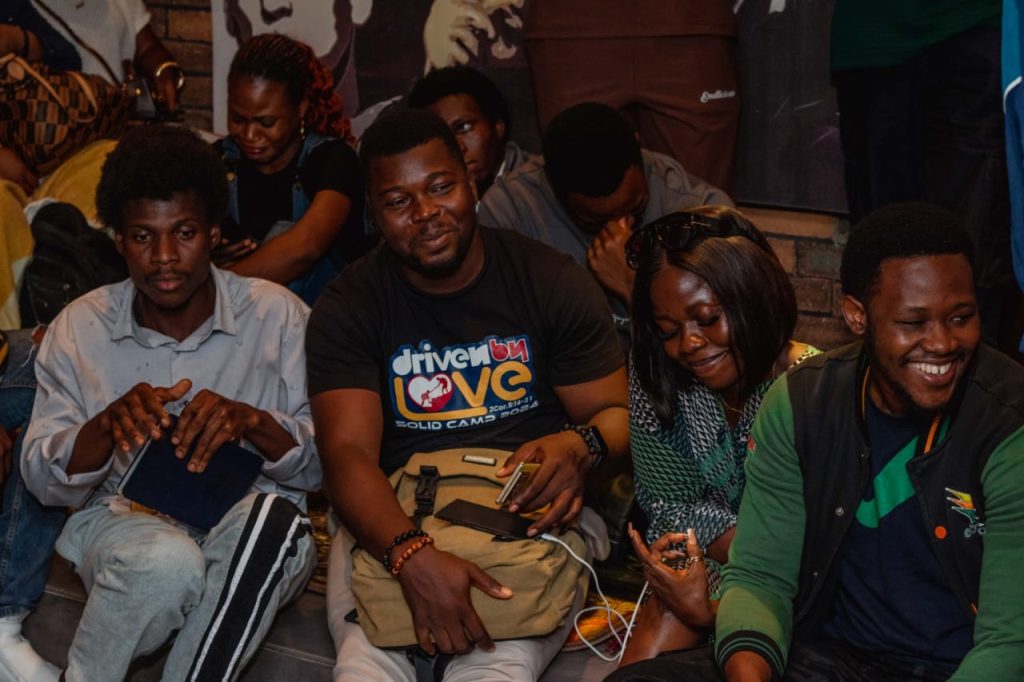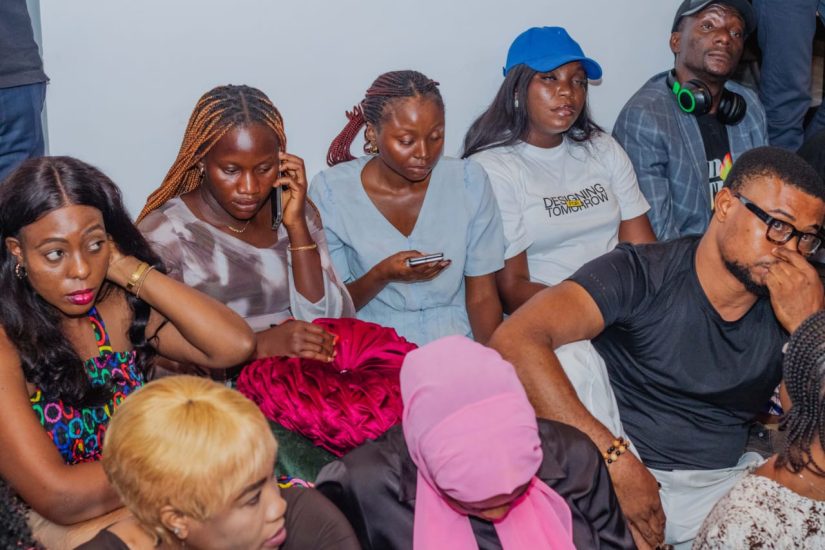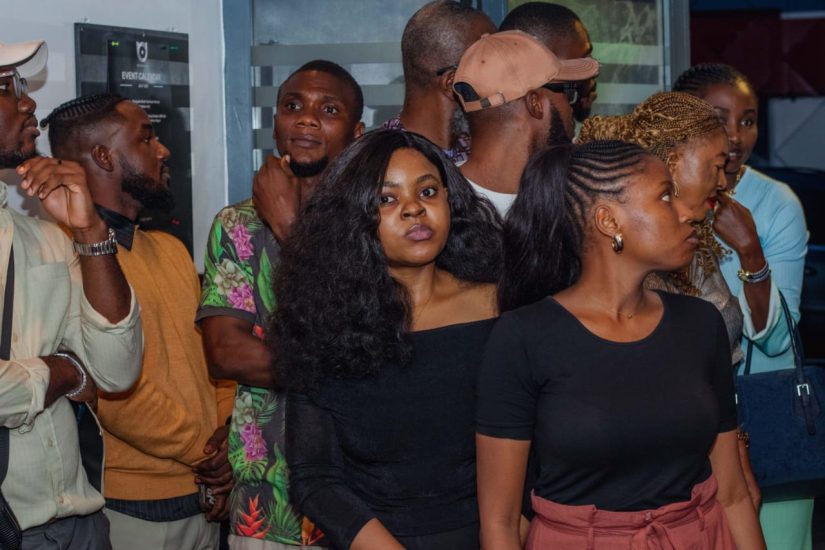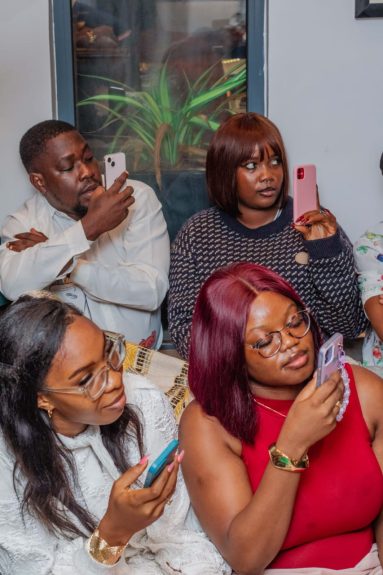
Pius Nsabe
Griots and Bards, a vibrant social conversation and culture community, hosted its monthly gathering on Thursday, July 31, 2025, at RAP Joint, Ikoyi. The session offered a stirring exploration of heritage and identity, with a diverse audience engaging in an honest and emotional dialogue.
Themed “Breaking Free: Rewriting Family Stories and Redefining Our Path,” the evening prompted participants to examine the impact of traditional naming culture and the lasting imprints of colonial heritage on their sense of self.
Opening the conversation, GAB convener Adebola Reza Afolabi highlighted the significance of names as carriers of identity and personal history:
“I feel there is a dignity around the origin of our names that we need to start giving attention to. For example, I am a prince and that gives me a sense of identity and importance. Names carry stories with them, and we must explore those stories.”
The session struck a chord with many attendees. Lawyer and writer Nenkangmun set the tone early with a pointed reflection:
“Heritage can come in different ways. It can be religious, familial, or educational. I often ask myself whether the English man gave me this English language I speak to take what belongs to my people.”
For network engineer Hadassah, the conversation touched a personal nerve. She spoke of a journey to reclaim confidence in her identity:

“For a while, it made me sad that I didn’t have any connection with my roots. But now I’m getting to a point where I’m comfortable with my English name. It shows how colonial influences on our naming culture are still lingering.”
Others found empowerment in their names. Web developer Sijuade shared how his name fuels resilience:
“My name reminds me of royalty. Even when things get tough, I tell myself, ‘Asijuade ni e’—you are a frontier of the crown.”
Similarly, lawyer Tawakalt reflected on the spiritual dimension of her name:
“Sometimes it makes sense that your name can serve as a guide.”
She explained that her name, which translates to ‘Trust in God’, carries an anchor of faith and direction.

Yet not all names inspired ease. Chef Enoch Ngemekwai described an ongoing struggle with the darker meaning of his surname:
“My surname means ‘I will take revenge.’ When someone offends me, I feel the urge to get revenge. But this is a trait I am trying to resist; I don’t want it to define me.”
Amaka, reflecting on the costs of kindness, expressed her discomfort with being perceived as too nice:
“When people say I’m nice, I get worried because I grew up seeing how my parents’ kindness cost them respect. I don’t want that trait to make me vulnerable.”
The dialogue also veered into the complexities of tribal identity. IT engineer Samuel Olayemi raised concerns about exclusion based on ethnic labels:
“Could you imagine that I am not considered Yoruba even though my name is Samuel Idowu Olayemi? That’s the consequence of ethnic grouping I’ve experienced.”

Since its inception in 2017, GAB has carved out a space where storytelling, shared wisdom, and self-reflection meet. It offers young professionals, creatives, and thinkers a relaxed space to unwind, unpack experiences, and connect like a modern-day village square.
“Everybody grows, emotionally, career-wise, and business-wise. By connecting, we build a model of the society we want,” said Reza Afolabi.
True to its spirit, Griots and Bards continues to foster cultural curiosity, introspection, and community—reminding participants of the importance of telling their stories and owning their narratives, one conversation at a time.
